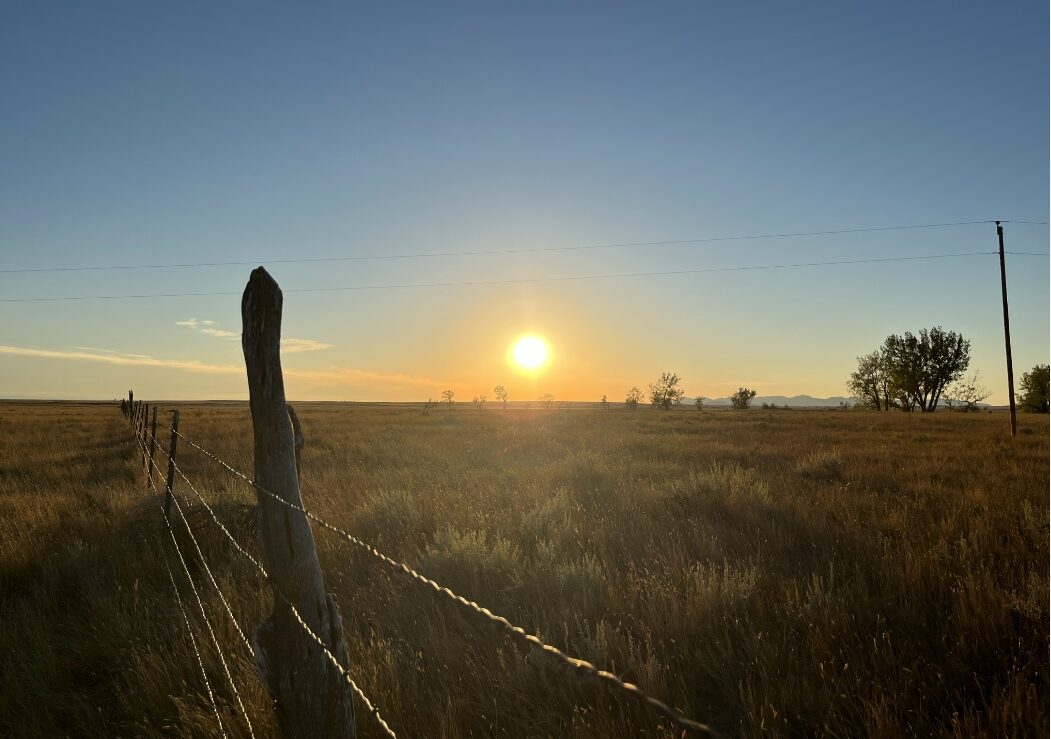
Ramping Up Climate Action Still Has a Voluntary Pathway
Over the past four years, we saw significant increases in funding through the Inflation Reduction Act and other government programs for climate-smart technology and projects. Since the first Trump administration, the voluntary carbon market (VCM) has expanded to the point where many on the street even recognize the term “carbon offset.” During the first Trump administration, the VCM experienced a boom in credit issuances and retirements as corporations recognized the importance of climate action for their supply chains and investments, with or without support from the federal government. This heightened interest in the VCM led to intense — and sometimes warranted — scrutiny. As scientists, we may have missed the mark on communication needed to accurately describe the importance of carbon projects a few times. As VCM stakeholders reflected on what could be improved, the market developed initiatives to create offset quality benchmarks, increase transparency, and update offset quantification methodologies to improve project consistency and integrity (1).
The VCM has greatly improved in the past few years and continues to do so. We now see a wider variety of carbon offset sectors, landowner types, monitoring technologies, and offset buyers than ever before. One of the largest stakeholders, if not the most important, is the private sector participants who invest and purchase from these critical carbon offset projects. Just like in 2017, we are probably not going to see any climate action signals from the government over the next four years. We hope to see an even greater response from private corporations than we did during the first Trump administration.
A key and critical part of the VCM is that it is, by definition, voluntary. Especially in the absence of government support for climate initiatives, it is important to promote and applaud those making voluntary investments in climate action to encourage others to do the same (2). Over the last decade, the VCM has become a fundamental source of climate finance, and we hope the private participants recognize the work project developers, registries, landowners, scientists and investors have done to improve confidence in the VCM. Climate change is indifferent to election outcomes — small and large cities, agricultural producers, forest landowners, and ranchers will all feel the impacts. Let’s hope we can count on the VCM to bridge us over the next federal funding gap, however long that is, to continue to support climate mitigation activities that have no party lines.
References: